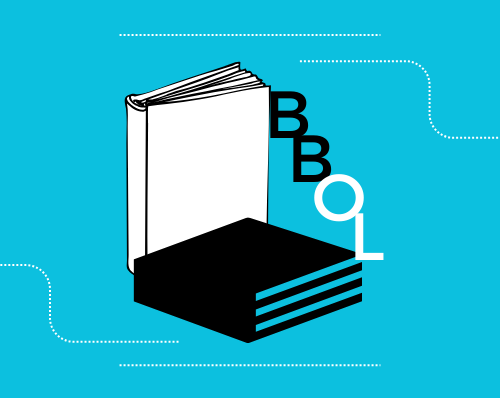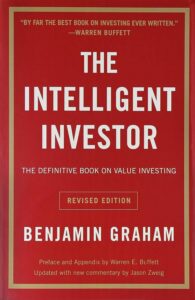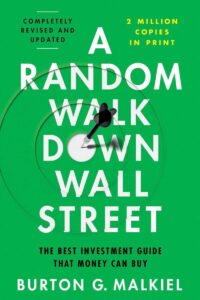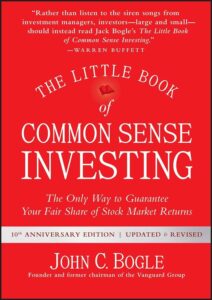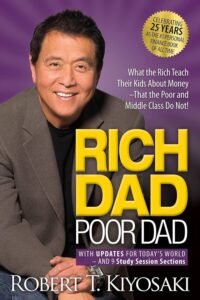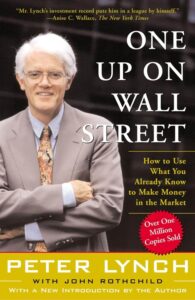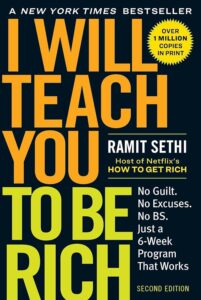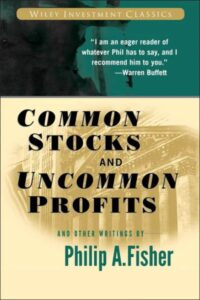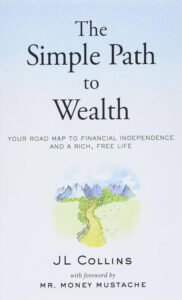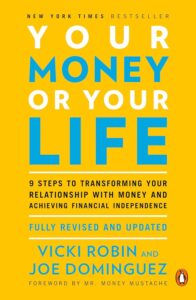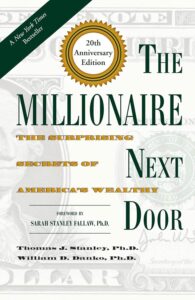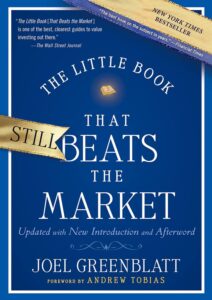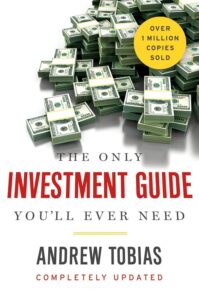Introduction:
Investing can seem overwhelming for beginners, but with the right knowledge and resources, anyone can learn to navigate the financial markets and build a significant investment portfolio. This guide highlights the best books on investing for beginners, offering valuable insights, practical advice, and strategies to help you on your investment journey.
1.“The Intelligent Investor” by Benjamin Graham
Overview:
Benjamin Graham’s classic work remains one of the most important books on investing. It introduces the concept of value investing, focusing on long-term strategies and fundamental analysis to identify undervalued stocks.
Key Takeaways:
- Understanding the principles of value investing
- Highlighting the significance of maintaining a margin of safety
- Distinguishing between investment and speculation
2.“A Random Walk Down Wall Street” by Burton G. Malkiel
Overview:
This book provides a comprehensive overview of various investment strategies, highlighting the importance of a diversified portfolio. Malkiel’s approach emphasizes the efficiency of markets and the unpredictability of stock prices.
Key Takeaways:
- Understanding the efficient market hypothesis
- Importance of diversification in investment
- Benefits of low-cost index funds
3.“The Little Book of Common Sense Investing” by John C. Bogle
Overview:
John C. Bogle, the founder of Vanguard Group, advocates for low-cost index fund investing. This book advises most investors to avoid attempting to outperform the market and instead concentrate on reducing costs and investing for the long term.
Key Takeaways:
- Benefits of Index Fund Investing.
- Importance of keeping investment costs low.
- Long-term investment strategies.
4.“Rich Dad Poor Dad” by Robert T. Kiyosaki
Overview:
Robert Kiyosaki shares the financial wisdom he gained from his contrasting mentors. This book emphasizes the importance of financial education and investing in income-generating assets.
Key Takeaways:
- Importance of financial education.
- Investing in income-generating assets.
- Difference between assets and liabilities.
5.“One Up On Wall Street” by Peter Lynch
Overview:
Peter Lynch, a prominent mutual fund manager, offers his strategies and insights on investing. He stresses the necessity of thoroughly researching and understanding the companies you invest in.
Key Takeaways:
- Importance of thorough research.
- Identifying growth stocks.
- Long-term investment approach.
6.“I Will Teach You to Be Rich” by Ramit Sethi
Overview:
Ramit Sethi’s book offers a six-week program to help readers manage their finances and start investing. It covers budgeting, saving, and investing in low-cost index funds.
Key Takeaways:
- Practical advice on budgeting and saving.
- Importance of investing early and consistently.
- Strategies for automating finances.
7.“Common Stocks and Uncommon Profits” by Philip Fisher
Overview:
Philip Fisher’s classic book focuses on investing in high-quality companies with significant growth potential. Fisher’s approach stresses thorough research and understanding of a company’s management and competitive advantages.
Key Takeaways:
- Importance of investing in quality companies.
- Conducting thorough research.
- Evaluating management and competitive advantages.
8.“The Simple Path to Wealth” by JL Collins
Overview:
JL Collins offers straightforward advice on building wealth through investing in low-cost index funds. The book covers financial independence, the power of compound interest, and the importance of keeping investment costs low.
Key Takeaways:
- Benefits of low-cost index fund investing.
- Power of compound interest.
- Path to financial independence.
9.“Your Money or Your Life” by Vicki Robin and Joe Dominguez
Overview:
This book provides a comprehensive program to help readers achieve financial independence. It covers topics such as tracking expenses, reducing debt, and investing for the future.
Key Takeaways:
- Strategies for achieving financial independence
- Importance of tracking expenses and reducing debt
- Investing for long-term financial security
10.“The Millionaire Next Door” by Thomas J. Stanley and William D. Danko
Overview:
This book, grounded in extensive research, outlines the habits and traits of wealthy individuals. It offers actionable advice on building wealth through frugality, strategic investing, and disciplined financial planning.
Key Takeaways:
- Habits and traits of wealthy individuals
- Value of frugality and disciplined financial planning
- Effective investing strategies
11.“The Little Book That Still Beats the Market” by Joel Greenblatt
Overview:
Joel Greenblatt introduces the “Magic Formula,” a simple and effective strategy for selecting winning stocks. The book clearly explains the formula and how to use it for consistent investment returns.
Key Takeaways:
- Understanding the “Magic Formula” for stock selection.
- Strategies for achieving consistent investment returns.
- Importance of disciplined investing.
12.“The Only Investment Guide You’ll Ever Need” by Andrew Tobias
Overview:
Andrew Tobias provides a comprehensive guide to personal finance and investing. The book covers extensive topics, including budgeting, saving, investing, and tax strategies.
Key Takeaways:
- Practical advice on personal finance and investing
- Importance of budgeting and saving
- Strategies for maximizing investment returns and minimizing taxes
FAQ Section
Q1: How do I choose the best book on investing for beginners?
Answer: Consider your current knowledge level and what you want to achieve. If you’re a beginner, “The Little Book of Common Sense Investing” by John C. Bogle or “The Simple Path to Wealth” by JL Collins might be ideal. For in-depth strategies, “The Intelligent Investor” by Benjamin Graham is recommended.
Q2: Can these books help me understand the stock market?
Answer: Several books provide a solid understanding of the stock market and various investment strategies. For example, “A Random Walk Down Wall Street” by Burton G. Malkiel and “One Up On Wall Street” by Peter Lynch offers comprehensive insights into market behavior and stock selection.
Q3: Are these books suitable for someone with no prior investment knowledge?
Answer: Absolutely, Books like “I Will Teach You to Be Rich” by Ramit Sethi and “Your Money or Your Life” by Vicki Robin and Joe Dominguez are designed for beginners and offer step-by-step guidance on managing finances and starting to invest.
Q4: Where can I buy these books?
Answer: These books are available on major online retailers such as Amazon, Barnes & Noble, and many others.
Q5: Are these books available in audio format?
Answer: Many of these books are available in audio format on platforms like Audible and other audiobook retailers.
Conclusion
Investing can be beginner-friendly. Equipped with the right resources, you can build a solid foundation. These top-rated books provide expert insights and practical advice to kickstart your investment journey. Whether you’re looking to grasp the basics or explore detailed strategies, these books will support you every step of the way.
Begin your investment journey today by picking up one of these highly recommended books. Click on the links to purchase and start building your financial future.
